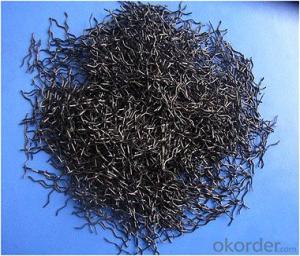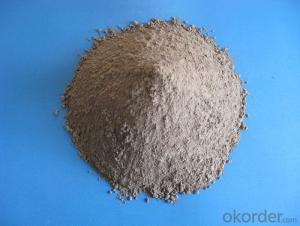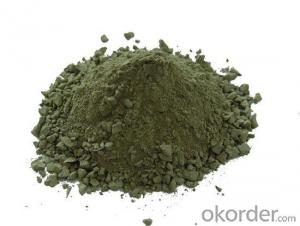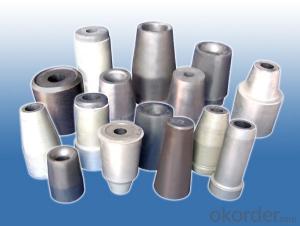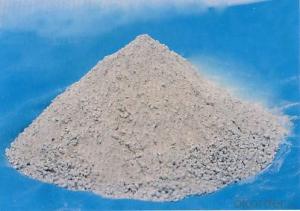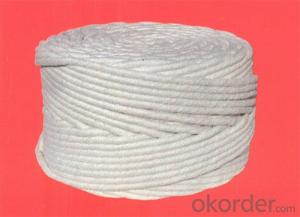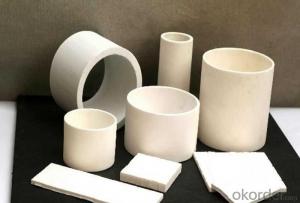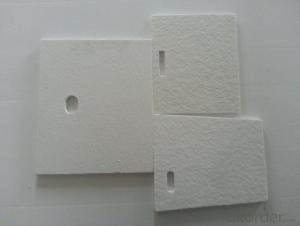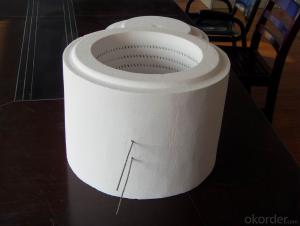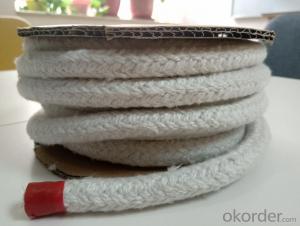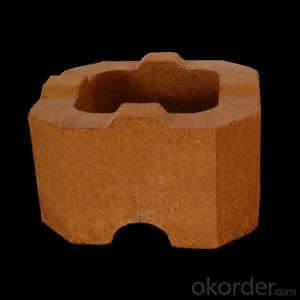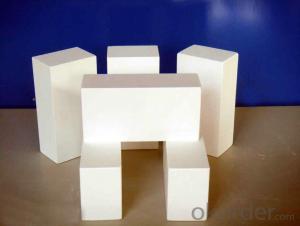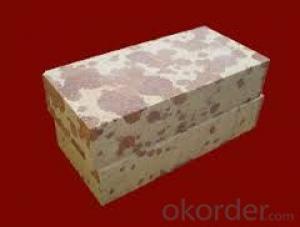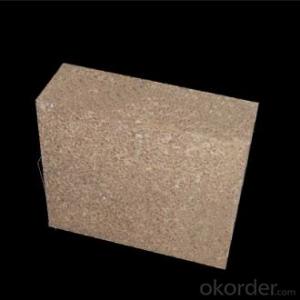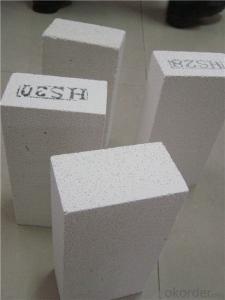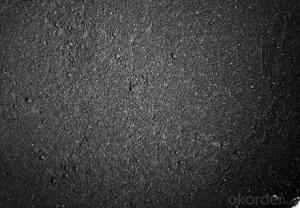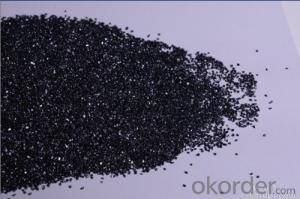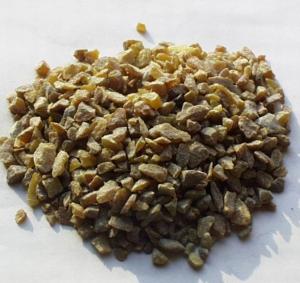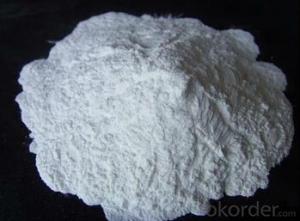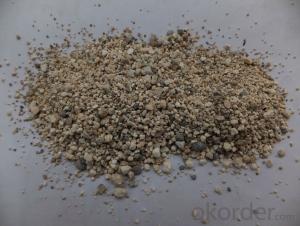All Categories
- - Steel Wire Rod
- - Steel Coils
- - Steel Profiles
- - Steel Pipes
- - Stainless Steel
- - Tinplate
- - Special Steel
- - Steel Sheets
- - Steel Rebars
- - Steel Strips
- - Hot Rolled Steel
- - Cold Rolled Steel
- - Pre-painted Steel
- - Seamless Steel Pipe
- - Welded Steel Pipe
- - Hollow Steel Tubes
- - Galvanized Pipe
- - Stainless Steel Coil
- - Stainless Steel Sheet
- - Stainless Steel Plate
- - Stainless Steel Strips
- - Electrolytic Tinplate Coil
- - Electrolytic Tinplate Sheet
- - Stainless Steel Rebars
- - Solar Panels
- - Solar Water Heater
- - Solar Related Products
- - Solar Inverter
- - Solar Cells
- - Solar Light
- - Solar Energy Systems
- - Solar Controllers
- - Solar Mounting System
- - Solar Pump
- - Solar Chargers
- - Fiberglass Chopped Strand
- - Fiberglass Mesh Cloth
- - Composite Pipes
- - FRP Pultrusion Profiles
- - Fiberglass Mat Tissue
- - Fiberglass Fabrics
- - Fiberglass Mesh
- - Composite Tank
- - Fiberglass Mesh tape
- - Polymer
- - FRP Roofing Panel
- - Fiberglass Roving
- - Monolithic Refractories
- - Ceramic Fiber Products
- - Refractory Bricks
- - Raw Materials For Refractory
- - Suspended Platform
- - Cranes
- - Concrete Machinery
- - Earthmoving Machinery
- - Building Hoist
- - Road Building Machinery
- - Plastic Pipe Fittings
- - Plastic Tubes
- - Plastic Sheets
- - Agricultural Plastic Products
- - Plastic Nets
Monolithic RefractoriesView More
Ceramic Fiber ProductsView More
Refractory BricksView More
Raw Materials For RefractoryView More
Q & A
What is the role of refractory materials in reducing heat loss in furnaces?
Refractory materials play a crucial role in reducing heat loss in furnaces by providing insulation and resistance to high temperatures. These materials have low thermal conductivity, which means they are poor conductors of heat and prevent the transfer of heat from the hot interior of the furnace to the cooler surroundings. This insulation property helps in maintaining high temperatures inside the furnace, improving energy efficiency, and reducing fuel consumption. Additionally, refractory materials also possess high melting points and chemical stability, allowing them to withstand extreme temperatures and harsh chemical environments, further enhancing their effectiveness in reducing heat loss.
How do refractory materials perform in corrosive environments?
Refractory materials generally perform well in corrosive environments due to their ability to withstand high temperatures and resist chemical reactions. Their high melting points and low solubility in corrosive substances make them resistant to deterioration caused by acids, alkalis, and other corrosive agents. Additionally, refractory materials often have a dense structure that prevents the penetration of corrosive elements, ensuring their durability and longevity in such environments.
What are the key factors to consider when selecting refractory materials?
When selecting refractory materials, it is crucial to consider factors such as their thermal stability, chemical resistance, mechanical strength, and cost-effectiveness. The materials should be able to withstand high temperatures without significant structural changes, resist corrosion from chemical reactions, possess adequate strength to withstand mechanical stress, and offer a reasonable balance between performance and cost. Additionally, factors like installation and maintenance requirements, availability, and environmental impact should also be taken into account.
How are refractory materials used in the electronics industry?
Refractory materials are used in the electronics industry for various applications, primarily in the production of semiconductors and electronic components. These materials are highly heat-resistant and can withstand extreme temperatures, making them ideal for processes such as sintering, annealing, and diffusion. Refractory ceramics, such as alumina and zirconia, are commonly used to create crucibles, furnace linings, and insulating components in electronic manufacturing. These materials help ensure the efficiency and reliability of electronic devices by providing thermal insulation, chemical inertness, and mechanical stability in high-temperature environments.
Wholesale Refractory Materials from supplier in Tonga
Whether you need refractory bricks, castables, mortars, or any other refractory materials, we have a comprehensive range of products to meet your needs. Our products are manufactured using the highest quality raw materials and are known for their durability and performance.
In addition to supplying refractory materials, we also provide technical support to help you choose the right products for your specific applications. Our team of experts can assist you with product selection, installation guidance, and troubleshooting, ensuring that you achieve optimal results.
We understand the importance of timely delivery and efficient procurement processes. With our strong network and supply chain management, we can ensure that you receive your orders on time and in the most cost-effective manner.
Customer satisfaction is our top priority, and we strive to exceed your expectations at every step. Whether you are working on a small project or a large-scale industrial application, we are committed to providing you with the highest level of service and support.
Choose us as your trusted supplier of refractory materials in Tonga and experience the difference that our expertise and dedication can make. Contact us today to discuss your requirements and find out how we can assist you.
In addition to supplying refractory materials, we also provide technical support to help you choose the right products for your specific applications. Our team of experts can assist you with product selection, installation guidance, and troubleshooting, ensuring that you achieve optimal results.
We understand the importance of timely delivery and efficient procurement processes. With our strong network and supply chain management, we can ensure that you receive your orders on time and in the most cost-effective manner.
Customer satisfaction is our top priority, and we strive to exceed your expectations at every step. Whether you are working on a small project or a large-scale industrial application, we are committed to providing you with the highest level of service and support.
Choose us as your trusted supplier of refractory materials in Tonga and experience the difference that our expertise and dedication can make. Contact us today to discuss your requirements and find out how we can assist you.
Hot Search
- Monolithic Refractories in Czech Republic
- Ceramic Fiber Products in Mongolia
- Refractory Bricks in Luxembourg
- Raw Materials For Refractory in Guyana
- Raw Materials For Refractory in Nicaragua
- Ceramic Fiber Products in Venezuela
- Refractory Bricks in Netherlands
- Refractory Bricks in Bhutan
- Refractory Bricks in Togo
- Ceramic Fiber Products in Serbia
